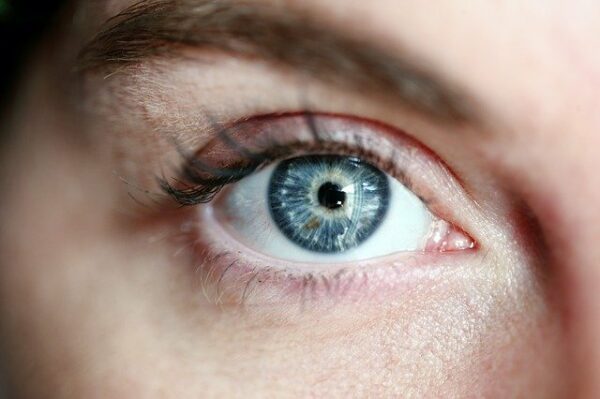Working with a lot of geriatric patients, I run into patients complaining of dry eyes all the time. While many will readily admit that they have this issue, many will not even think to mention it because they have been dealing with it for a long time or they may consider it more of a non-serious issue. When a patient complains of dry eye a pharmacist must first think of medications that can cause this issue. Here is a list of important drugs and drug classes that I’m looking for when assessing a patient with dry eye.
First-Generation Antihistamines – Dry Eyes
First-generation antihistamines are the most common culprit in my opinion. One of the biggest reasons this is the case is due to the over-the-counter availability. OTC agents such as diphenhydramine and doxylamine are among the most common first-generation antihistamines that patients use. Making sure that you ask about ALL medications (including OTC) when reviewing for this adverse effect is step one.
Psych Medications With Anticholinergic Properties
Many psychotropic medications have anticholinergic activity. Tricyclic antidepressants like amitriptyline (Elavil) or nortriptyline (Pamelor) aren’t used very often, but you will see them in practice. I mention the TCAs first because they are the most strongly anticholinergic of the psychotropic medications. Of the SSRIs, paroxetine is likely to have the most anticholinergic activity.
Antipsychotics have varying degrees of anticholinergic activity. Quetiapine and olanzapine are two of the more commonly used antipsychotics that have some moderate anticholinergic activity and could contribute to dry eye. Clozapine has the highest anticholinergic activity of the second-generation antipsychotics (a nice little nugget that might show up on board exams) but is reserved for refractory cases due to its risk for agranulocytosis and its other boxed warnings.
Urinary Anticholinergics
Urinary frequency and incontinence are major issues in geriatrics. Because of this, you will see many patients taking urinary anticholinergics that can ultimately cause dry eye. Oxybutynin will tend to be the worst agent (depending upon the dose) when it comes to causing dry eye.
What else would you add to this list and have you seen other agents cause dry eyes?



0 Comments